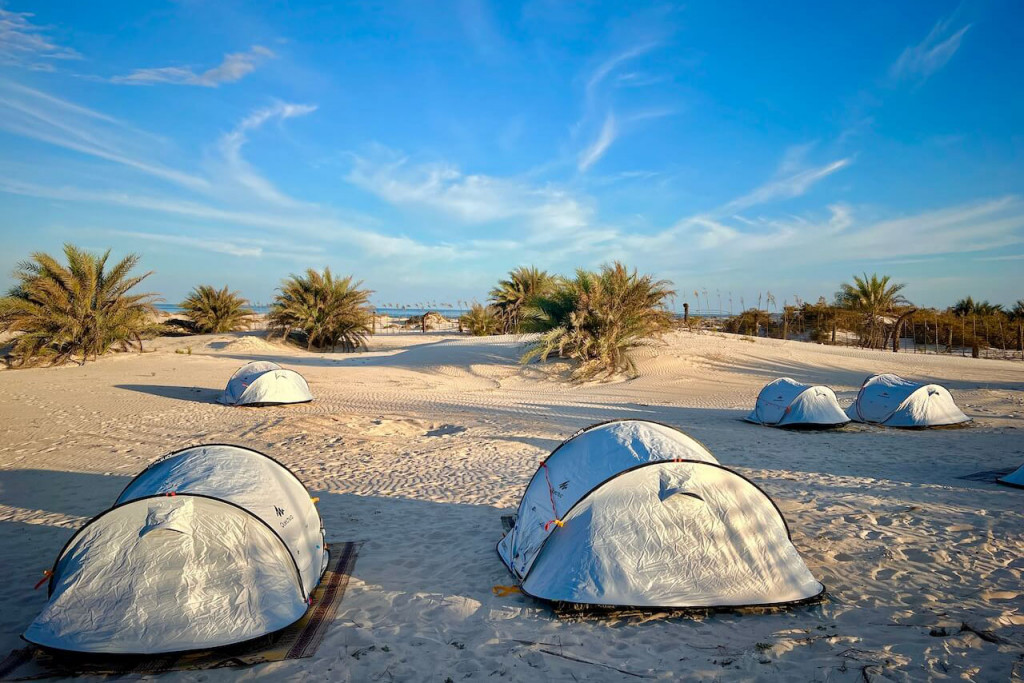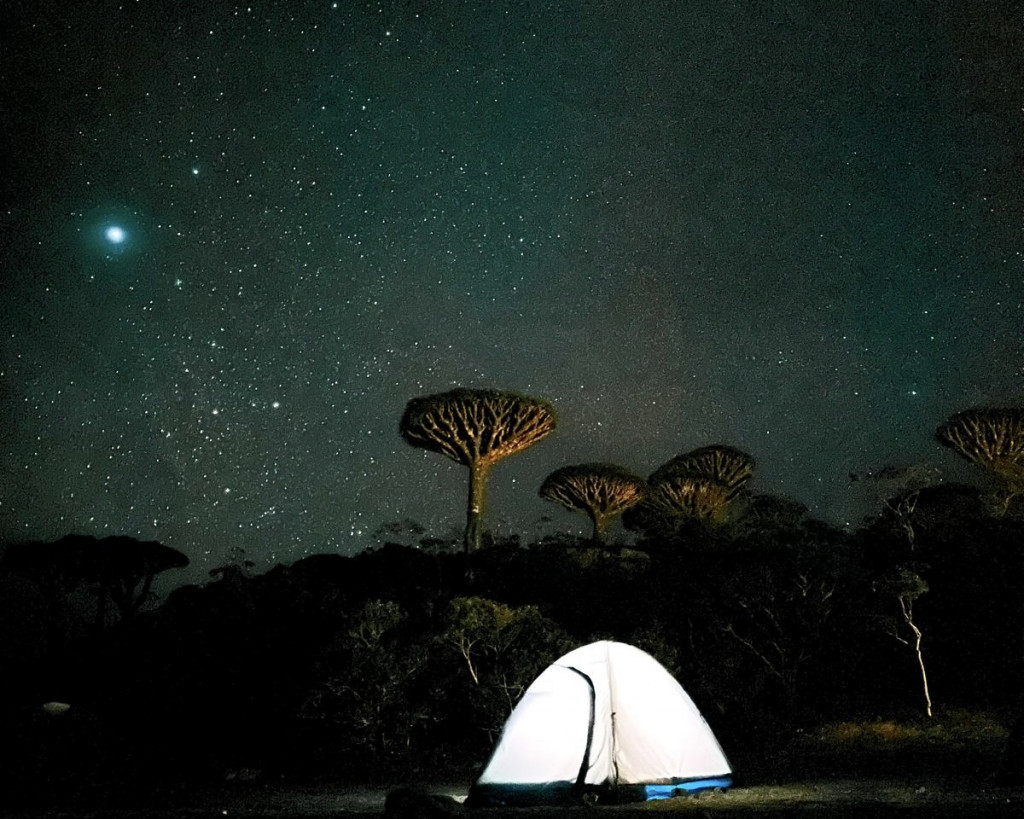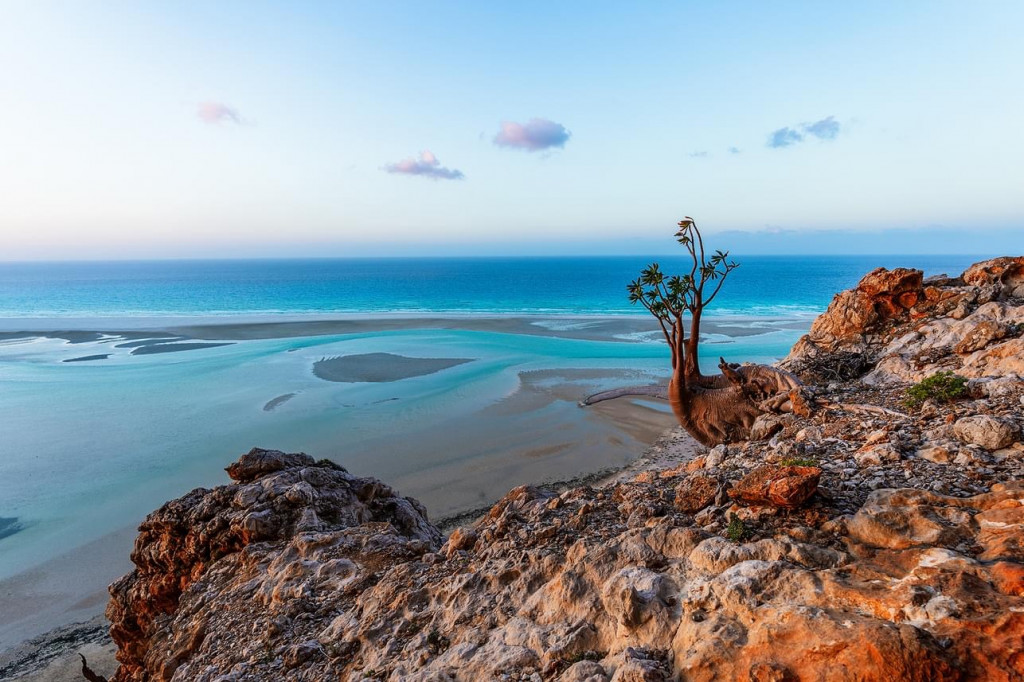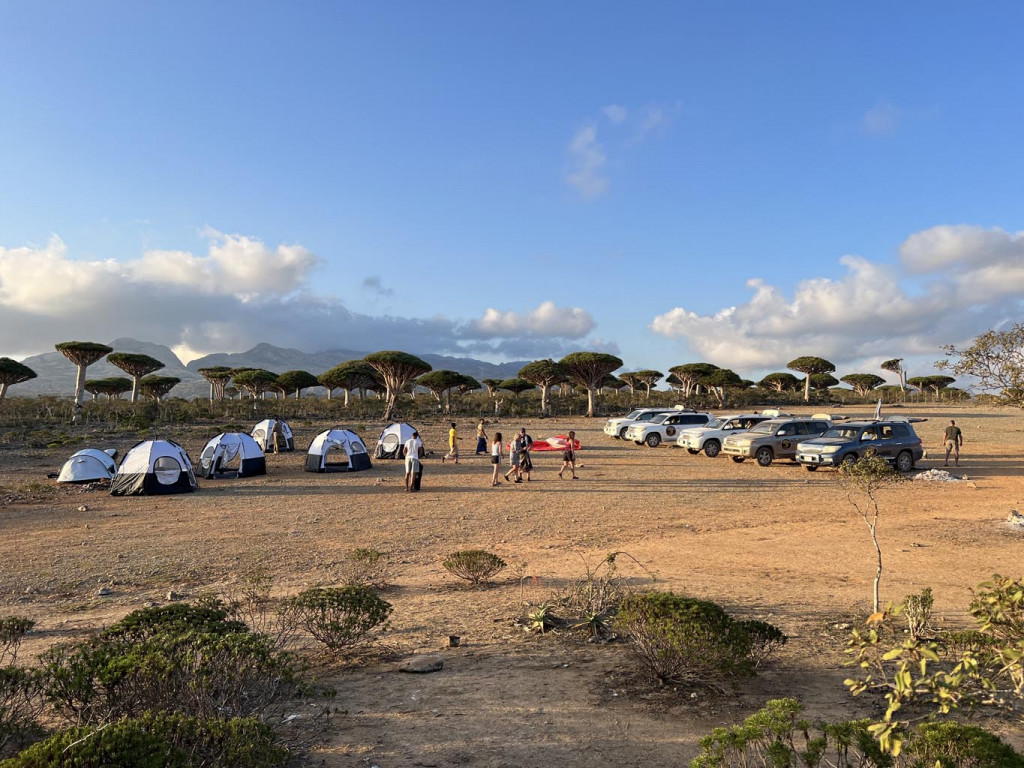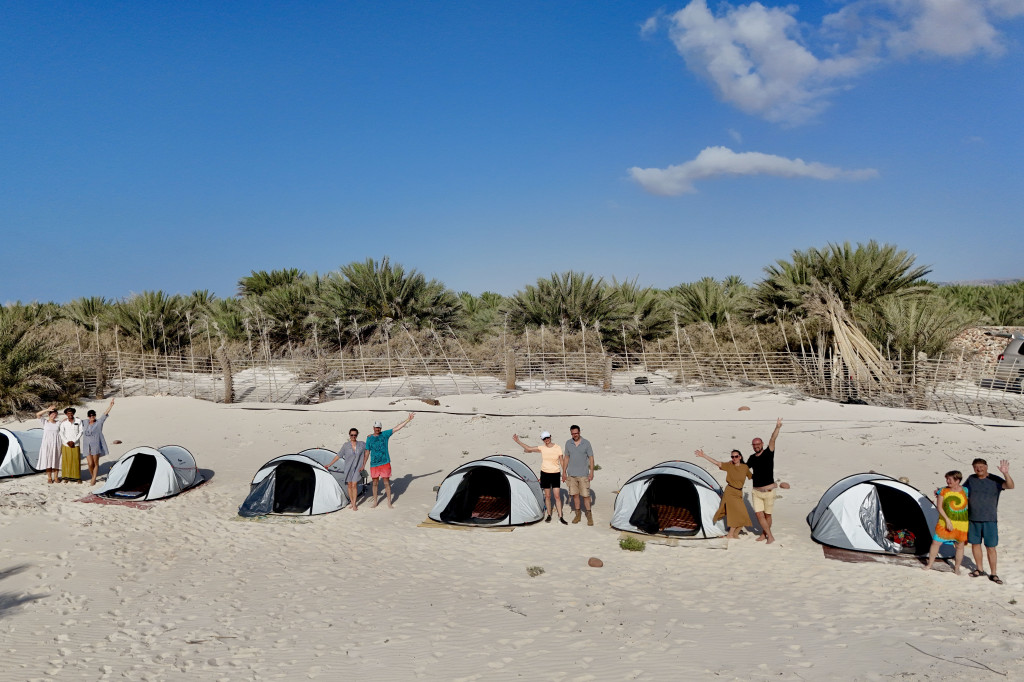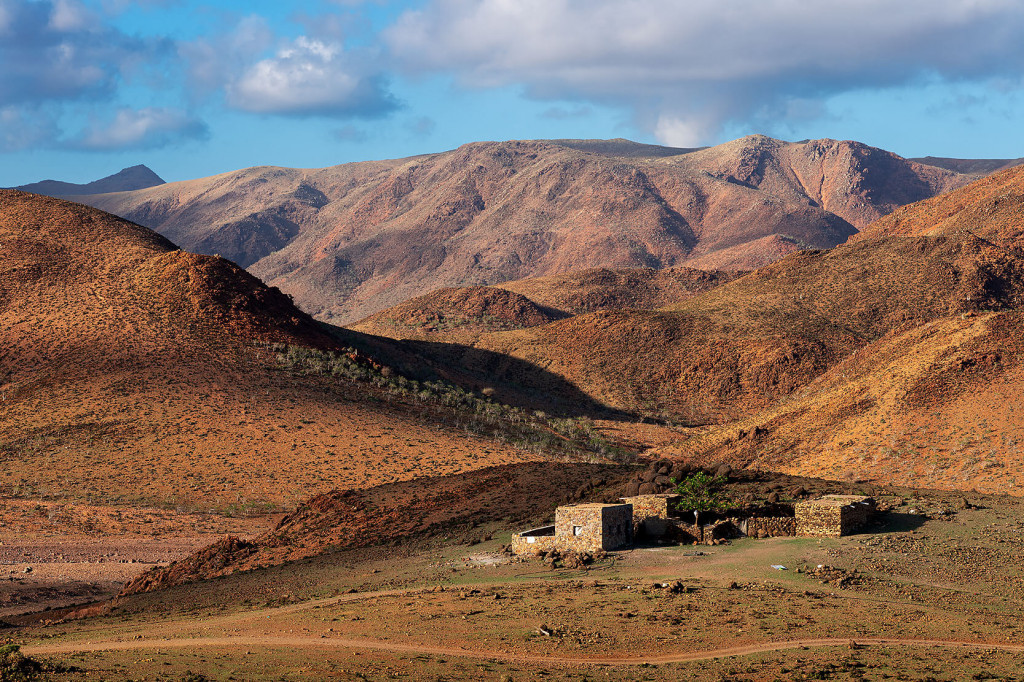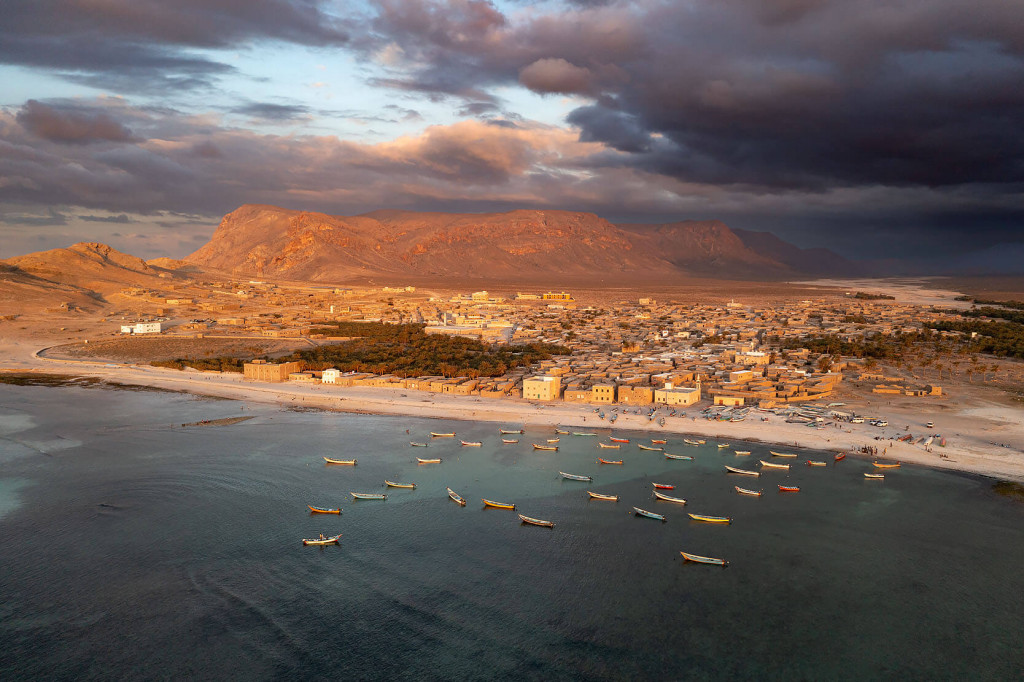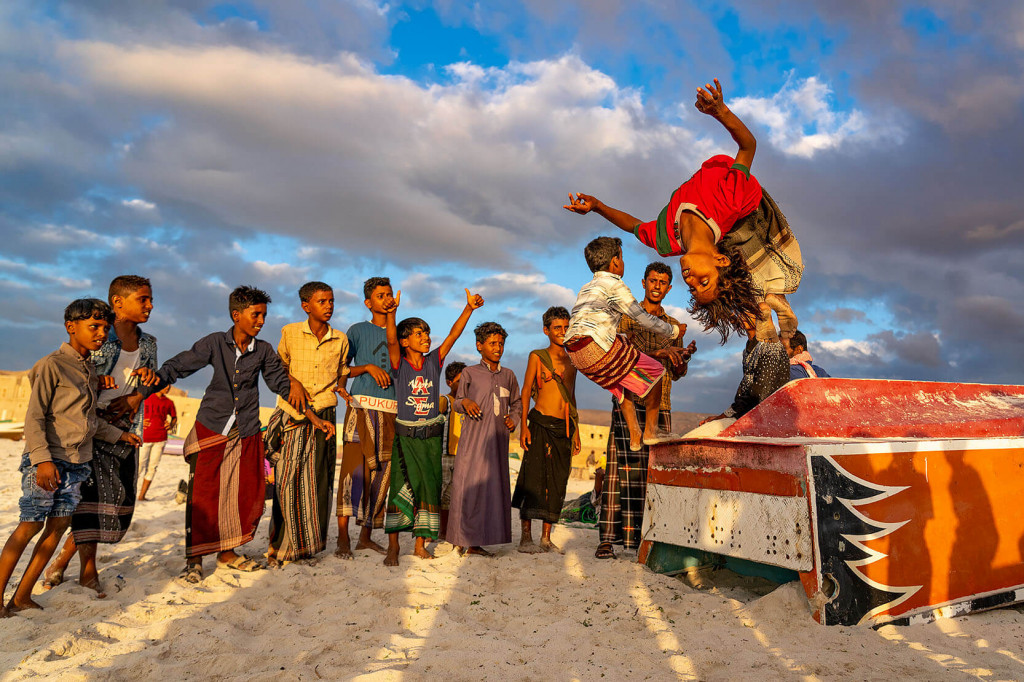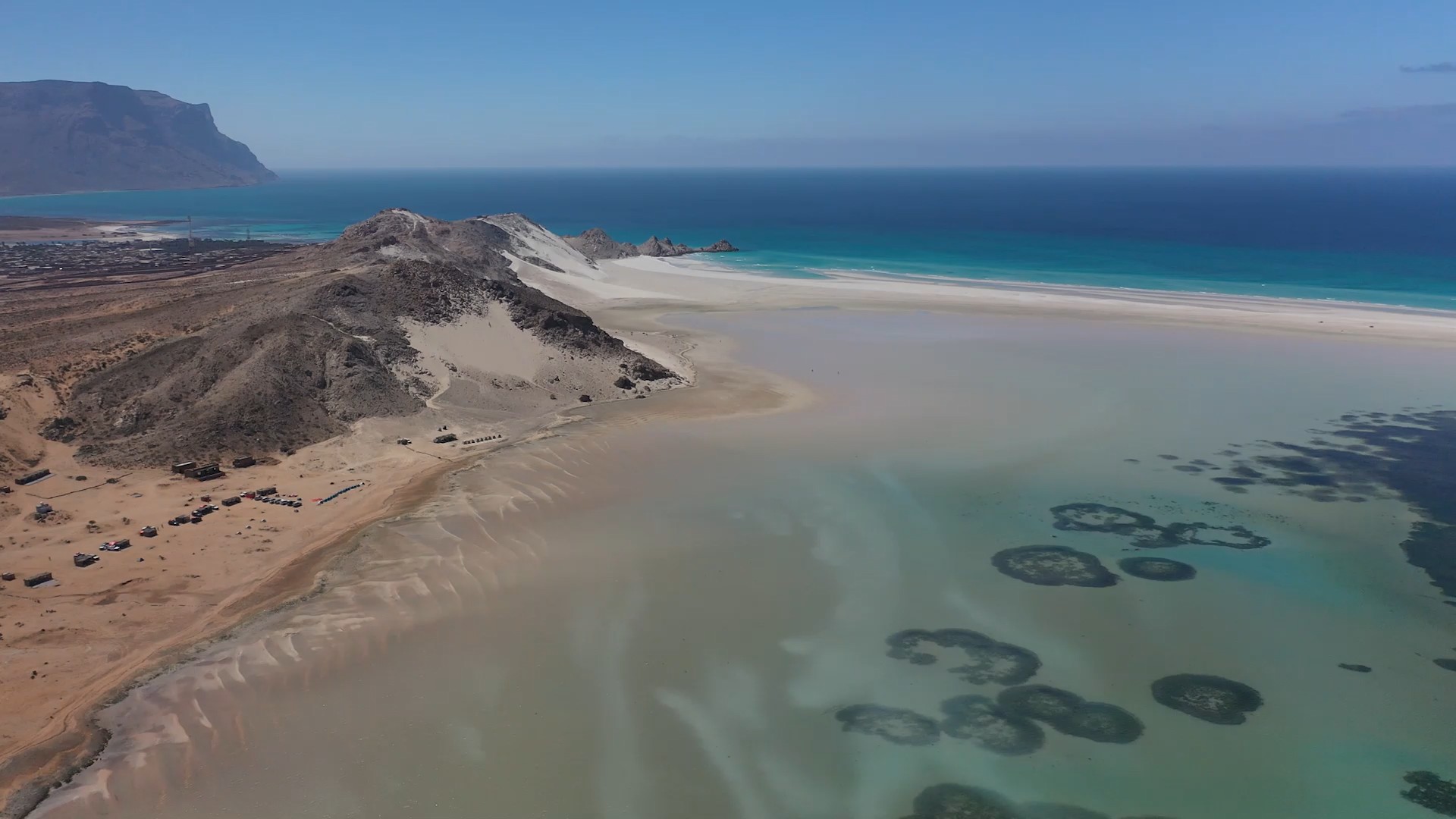

Ecotourism, Eco-camps
Ecotourism / Eco Camping
Campsites
Aomak Camp / Exclusive novelty for our guests. For the 2025/2026 season, we have opened a new and private campsite on Aomak Beach. It is the first private camp on Socotra, exclusively for guests of Socotra.cz / Socotra Exclusive Tours. Located directly on a private beach covering 4000 m², the camp is fully fenced for added privacy. There are 3 European-style toilets and showers, two natural shelters made from shells and coral for shade, and a new covered dining area with a stunning view of the Indian Ocean. The beach is the longest and most beautiful on the southern coast.
You can sleep in stone shelters with palm-leaf roofs or in tents. From here, you can explore the nearby Zahaq sand dunes or visit Dagub Cave.
Dehamri Camp is located on the shore of a marine nature reserve. Snorkeling equipment is available for rent, and it also hosts the island’s only diving base. Shared toilets and showers are provided. Meals are prepared by staff – you may even get to try lobster depending on availability. Stone shelters and tents are available for overnight stays.
Detwah Camp lies next to the most romantic spot on the island – the Detwah Lagoon. This spacious camp offers overnight stays in palm shelters or tents. Shared basic toilets and showers are available.
Homhil Camp is set in the magical landscape of dragon’s blood trees and laurel forests. Guests sleep in tents or stone shelters. There are shared toilet and shower facilities. Nights can be cooler, but the only "disturbance" is the silence and the beautiful night sky filled with thousands of stars.
Rosh Camp is located on the coral beach of a marine reserve. Guests can sleep in tents or palm shelters. This is a great spot for snorkeling, diving, or a trip to Hoq Cave.
Eco Lodge near Delicia Beach and close to Hadibo. This place is owned by the Adib family, who run a restaurant and offer accommodation in huts or tents. Nearby, you'll also find a botanical nursery with endemic plants.
Skand Camp is situated at the base of Jabal Skand mountain. From here, you can enjoy a breathtaking view of the rocky peaks, which can be reached after several hours of trekking. You can stay overnight in tents or in a stone building.
Ecotourism
Travel is a global phenomenon, and more people are venturing to exotic and lesser-known parts of the world. However, the way we travel, the destinations we choose, and the conditions of our journeys influence our collective future more than we may realize.
On Socotra, ecotourism represents a key sector in the growing tourism industry and plays a crucial role in protecting the island's natural and cultural heritage.
Ecotourism is defined as a responsible form of travel to natural areas around the world with an emphasis on respecting the environment, the cultural values of local communities, and promoting local prosperity.
Key Principles of Ecotourism
- Gather essential information: find a local guide who follows the core principles of respect and environmental protection.
- Use designated trails and paths: this minimizes negative impact on local wildlife and vegetation.
- Travel by foot as much as possible or choose eco-friendly modes of transport to reduce pollution.
- Stay in small, responsible groups to reduce environmental pressure.
- Learn about the local culture to better understand the community and avoid being disruptive.
- Spend money within local communities to support the local economy.
- Conserve natural resources: save water, avoid unnecessary use of electricity.
- Respect the environment: don’t take anything from nature, don’t litter, and don’t disturb wildlife.
- Protect nature at home as well: be environmentally conscious and stay informed about nature and sustainability.


